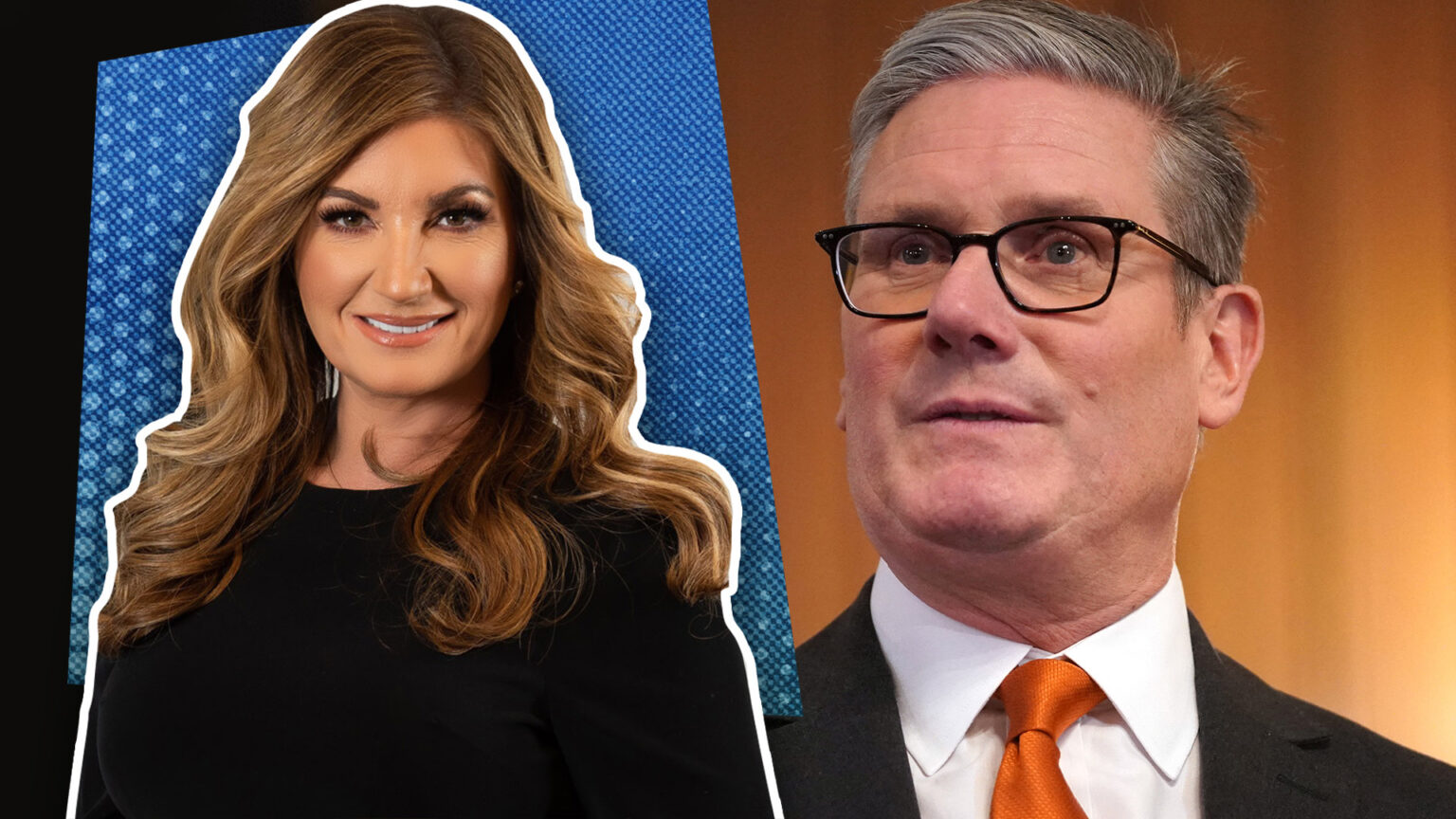NO ONE watching this year’s Premier League could think English football isn’t in rude health.
Liverpool are on top, with Chelsea in hot pursuit and Aston Villa flying high in the Champions League. Bournemouth, Brentford and Brighton are all pushing for Europe.
Our second league, the Championship, is thriving like never before.
It’s now the sixth richest league in Europe, thanks to the EFL’s £1billion broadcasting deals and the Premier League’s financial support — the most generous of any major league in the world.
Incredibly, our second tier is now far wealthier than even the Portuguese or Dutch first leagues.
Meanwhile, club insolvencies across the pyramid are at a 30-year low.
But a lot of our politicians seem to think English football is a fragile house of cards. Other countries would love to have our so-called “problems”.
There’s a reason 1.5bn people around the world tune into English football.
Because, from top to bottom, our leagues crackle with tension, high stakes and meaning.
They are not boring hierarchies where one team dominates in half-full stadiums, but the best competitions on the planet — forged by those willing to take risks, invest millions and back their judgment.
In what was promised to be a “light touch” regulator concentrating on the issues that are very important to clubs and fans — heritage issues, better fan engagement, proper owners and so on — the Government has given the Independent Football Regulator a so-called “Backstop” power.
It’s part of the Football Governance Bill, currently being debated in Parliament, although it is making slower than expected progress.
Labour’s own backbenchers have suggested over 150 new clauses they believe should be added to their own Government’s Bill.
That’s on everything from forcing clubs to socially engineer the make-up of their season ticket holders, to demanding that fans are defined as only those who have season tickets, regardless of if you can actually get a season ticket at your club or not.
The Backstop power gives the Regulator the right to forcibly take money from Prem clubs, even if it harms or affects their own competitiveness.
Less cash means less to spend on transfer fees or less cash to pay their players.
Not all Prem clubs have endless wealth, that’s why there is over £2bn of debt in the Prem.
The Prem is no miserly Scrooge. Every Championship club receives around £7million a season, each League One club gets around £1.5m and each League One club gets over £1m.
These payments are a helping hand, agreed freely and with goodwill.
And since their inception in 2007, they have increased more than tenfold.
But the Government believes this generosity, more money shared than any other league on the planet, should make way for state intervention.
The result of which could mean that Prem clubs have to take on more debt (which ironically makes them less sustainable) or invest less in their own team so that fellow owners in the other leagues no longer have to take similar risks themselves. This is trickle-down turned upside-down.
The Championship is no soup kitchen queue. It hosts incredibly wealthy owners, nine of them billionaires, who plough millions into efforts to reach the promised land.
Yet, a Prem side that has climbed the ladder the hard way, through calculated risk-taking and sustained investment, may be forced to hand over more millions so that Championship owners don’t have to.
That’s even if those owners have mismanaged their clubs, made bad decisions and deliberately put their clubs at financial risk.
It won’t be their owners that have to face the consequences, it will be the Prem owners who have to pick up their tab!
The Prem willingly supports the pyramid with £1.6bn over a three-year broadcast cycle.
That’s how I believe it should stay: negotiated, reasonable and always voluntary.
That’s why I think the Regulator could well consider £1.6bn is far too generous and decide to cut it back.
Or wonder why League Two only get eight per cent of the total PL handout, as the Championship keeps 80 per cent.
Or they may decide the Prem should not fund every part of the pyramid themselves and the EFL should support the National League, the league directly below them, rather than asking the Prem to do that for them.
Or they may just simply decide to impose far more stringent self-help measures that the EFL will have to implement to ensure they manage their own money better.
Any good Regulator will surely see that damaging the appeal of the PL, and creating a competition that’s less vibrant, less exciting and much less appealing is in no one’s interests.
Because if that happens, the Premier League will go into reverse and there will be far less money for everyone in the football pyramid.
Less money for grassroots football. Less money for the PFA. Less money for the Football Foundation. Less money for the women’s game.
And less money for all the many community projects and charities the PL supports to the tune of over £50m a year.
As they say, be careful what you wish for…
Who are these famous footballers?
Read the full article here

